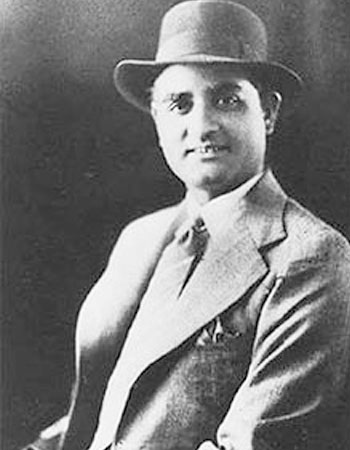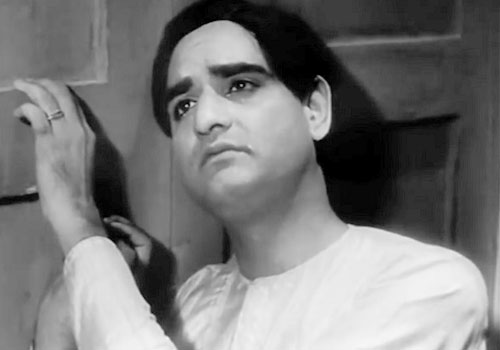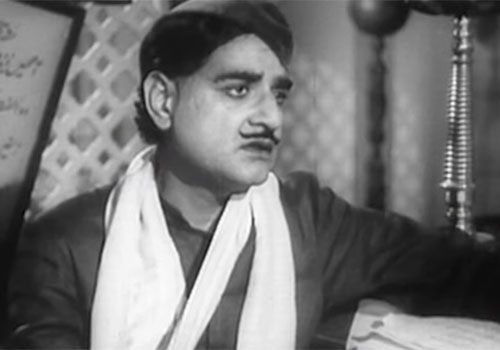Kundan Lal Saigal (कुन्दन लाल सहगल )

K. L. Saigal, also known as Kundan Lal Saigal, was a legendary Indian singer and actor, who is considered one of the greatest and most influential figures in the Indian music and film industry. K. L. Saigal was born on April 11, 1904, in Jammu to a Punjabi family. He did not receive formal schooling but learned music at a young age from his father, Amarchand Saigal, who was a musician and was a Tehsildar at the court of Maharaja Partap Singh of Jammu and Kashmir. His mother, Kesarbai Saigal was a deeply religious Hindu lady who was very fond of music. Kundan Lal learned to play the tabla, harmonium and was well-versed in classical Indian music, especially the styles of Khayal and Dhrupad from his parents..


Saigal began his career as a stage performer, singing and acting in plays in Jammu and Lahore (now in Pakistan). In the early 1930s, he moved to Calcutta (now Kolkata) and began his career as a professional singer. He recorded his first song in 1935, and went on to become one of the most popular and sought-after singers of the time. He recorded over 300 songs in a career that spanned just over a decade, in various languages including Hindi, Bengali and Punjabi.
Saigal also acted in and sang for several films. He made his film debut in 1938 with the film "Dharti ke Lal", and went on to star in 29 films, many of which were box office hits. He is considered one of the greatest actors of the Indian cinema's golden age. Zinda Lash, Mohabbat Ki Kasauti, Tansen, Dushman, Kurushetra, Parwana, and many others are among his most well-known movies. In December 1941, Saigal moved to Mumbai to work with Ranjit Movietone. Here he acted and sang in a number of successful films, Bhakta Surdas (1942) and Tansen (1943). Saigal was also a recipient of numerous awards and honors, including the Padma Bhushan, one of India's highest civilian awards, and the Sangeet Natak Akademi Award. K.L. Saigal was a defining figure of Indian music, who popularized classical music among the masses and enriched the Indian film industry with his incredible performances. his voice, style, and personality were unique, and he influenced generations of singers and musicians.
He died on 18 January 1947. His contributions to Indian music and film industry are still widely appreciated today, and he is remembered as one of the greatest singers in the history of Indian music.
Leave Your Suggestion